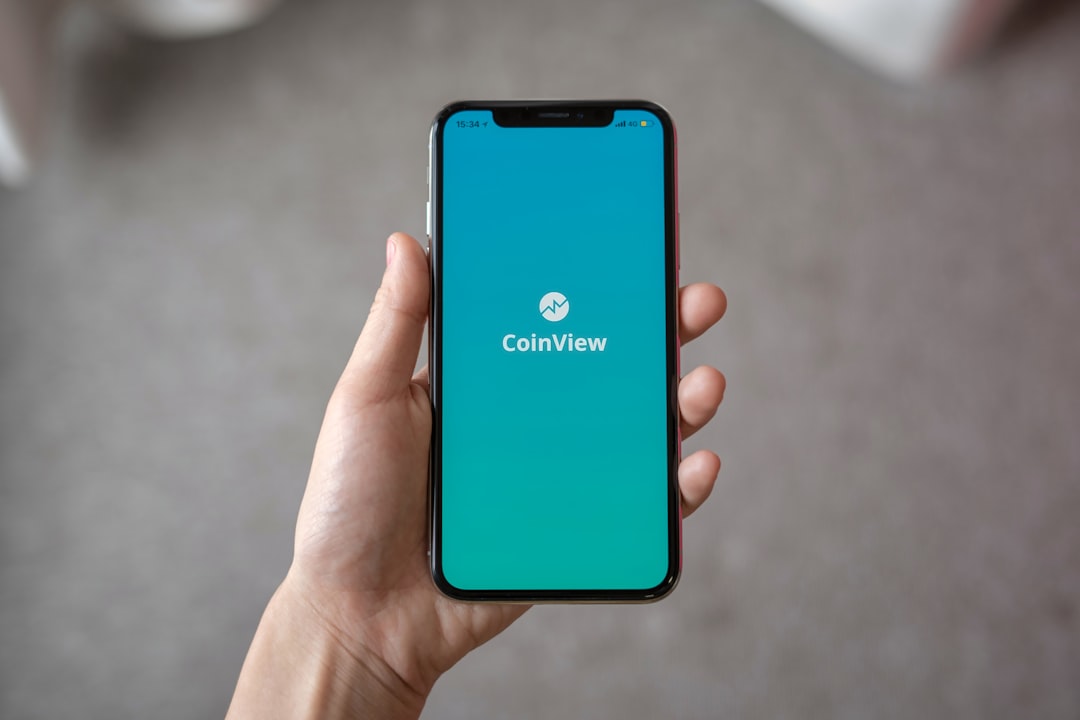South Dakota residents can protect themselves from unwanted telemarketing calls through state and federal "Do Not Call" laws. Landline and mobile users can register their numbers with the official state list or national registry. Businesses must comply with specific guidelines, and hiring a specialized Do Not Call Lawyer South Dakota ensures adherence to rules while protecting consumer privacy. Strategic steps include registration, record-keeping, consent management, and seeking legal counsel for complex cases.
In South Dakota, the ‘Do Not Call’ registry plays a pivotal role in curtailing unwanted telemarketing calls. This article serves as a comprehensive guide for residents seeking clarity on registering their landlines and cell phones, understanding exemptions, and navigating legal requirements. With a focus on compliance, it explores effective strategies for both individuals and businesses to avoid violative actions by Do Not Call lawyers South Dakota and maintain peace of mind. Learn from the experts about the best practices to protect your privacy.
Understanding Do Not Call Laws in South Dakota
In South Dakota, the “Do Not Call” laws are designed to protect residents from unwanted telemarketing calls and sales pitches. These regulations provide consumers with a means to opt-out of receiving such calls, ensuring their privacy and peace of mind. Both landline and cell phone users in the state have the right to register their numbers on the official “Do Not Call” list. However, there are distinct rules for each type of phone service.
For landlines, South Dakota’s attorney general’s office oversees the implementation of the “Do Not Call” registry. Residents can register their landline numbers by filling out an online form or submitting a written request to the office. Once registered, it is illegal for telemarketers to call that number without prior express consent. Similarly, cell phone users in South Dakota can also protect themselves by registering their mobile numbers with the state’s “Do Not Call” list. This service helps ensure that attorneys specializing in do not call laws, like those at reputable law firms across the state, respect individual preferences regarding telemarketing calls.
Registration Process for Landlines vs. Cell Phones
In South Dakota, the process for registering a do-not-call status differs slightly between landlines and cell phones. For landline telephone numbers, residents can register with the National Do Not Call Registry by visiting the Federal Trade Commission (FTC) website or by calling 1-888-382-1222. This federal registry is designed to prevent telemarketers from contacting registered numbers for commercial purposes. Once registered, landlines are protected nationwide.
Cell phone users in South Dakota have an additional layer of protection thanks to state laws that mandate a separate do-not-call list. While the registration process for cell phones is similar to the federal registry, it’s managed by the South Dakota Division of Consumer Protection. Residents can register their cell numbers online or by mail, and once confirmed, they will be added to the state’s do-not-call list, blocking most commercial calls. A lawyer specializing in do-not-call laws, such as those found in a reputable Do not call attorney South Dakota firm, can provide guidance on navigating these processes for optimal protection against unwanted telemarketing calls.
Exemptions and Restrictions: Who's Protected?
In South Dakota, both landlines and cell phones are subject to the state’s Do Not Call (DNC) registry, but there are exemptions and restrictions that determine who is protected. Residential telephone numbers, whether landline or cellular, are generally eligible for inclusion in the DNC registry. However, business phone lines, including those used by small businesses and startups, are often exempt from the restrictions. This exemption allows businesses to connect with customers and potential clients without concern for DNC laws.
Additionally, certain organizations, such as political campaigns, non-profit groups involved in fundraising, and companies conducting surveys, have specific guidelines they must follow. They may need to obtain explicit consent or provide an opt-out option when contacting residents. A do not call lawyer or attorney in South Dakota can help navigate these complexities, ensuring compliance with state laws while protecting the rights of individuals to avoid unwanted calls, whether from businesses or organizations.
The Role of a Lawyer in Navigating Do Not Call Rules
When it comes to navigating the complex world of do not call regulations in South Dakota, especially regarding landlines and cell phones, having a legal expert by your side is invaluable. A qualified do not call lawyer or attorney in South Dakota can provide crucial guidance on how to comply with these rules while protecting your business interests. They play a pivotal role in ensuring that companies and individuals understand their rights and obligations under the state’s do not call laws, particularly when it comes to distinguishing between landline and mobile numbers.
These legal professionals can assist in crafting effective do not call policies tailored to South Dakota’s specific requirements. They help businesses avoid potential penalties and ensure consumer privacy by advising on proper calling practices, consent management, and record-keeping. Moreover, should any disputes or questions arise regarding do not call violations, these attorneys can represent clients, offering strategic advice and, if necessary, negotiating settlements or defending against legal actions in court.
Effective Strategies to Comply with Do Not Call Regulations
To effectively comply with Do Not Call regulations in South Dakota, businesses and individuals should employ strategic measures tailored to both landlines and cell phones. For landline numbers, registering on the national Do Not Call Registry is mandatory. This simple step ensures that your calls are not made to recipients who have chosen not to be contacted. Additionally, maintaining accurate records of consent and call history is crucial; regular audits can help you stay compliant and identify any potential breaches.
When it comes to cell phones, the landscape is slightly different. While there’s no formal registry for mobile numbers, businesses must respect consumer choices regarding unwanted calls. Engaging in opt-in marketing strategies, providing clear and easy-to-follow opt-out instructions, and implementing robust internal policies that prioritize consumer privacy are effective ways to ensure compliance with Do Not Call laws for cell phones. Hiring a dedicated Do Not Call Lawyer South Dakota or consulting with an experienced Do Not Call Attorney South Dakota can also offer valuable guidance in navigating these regulations and protecting your business interests.






